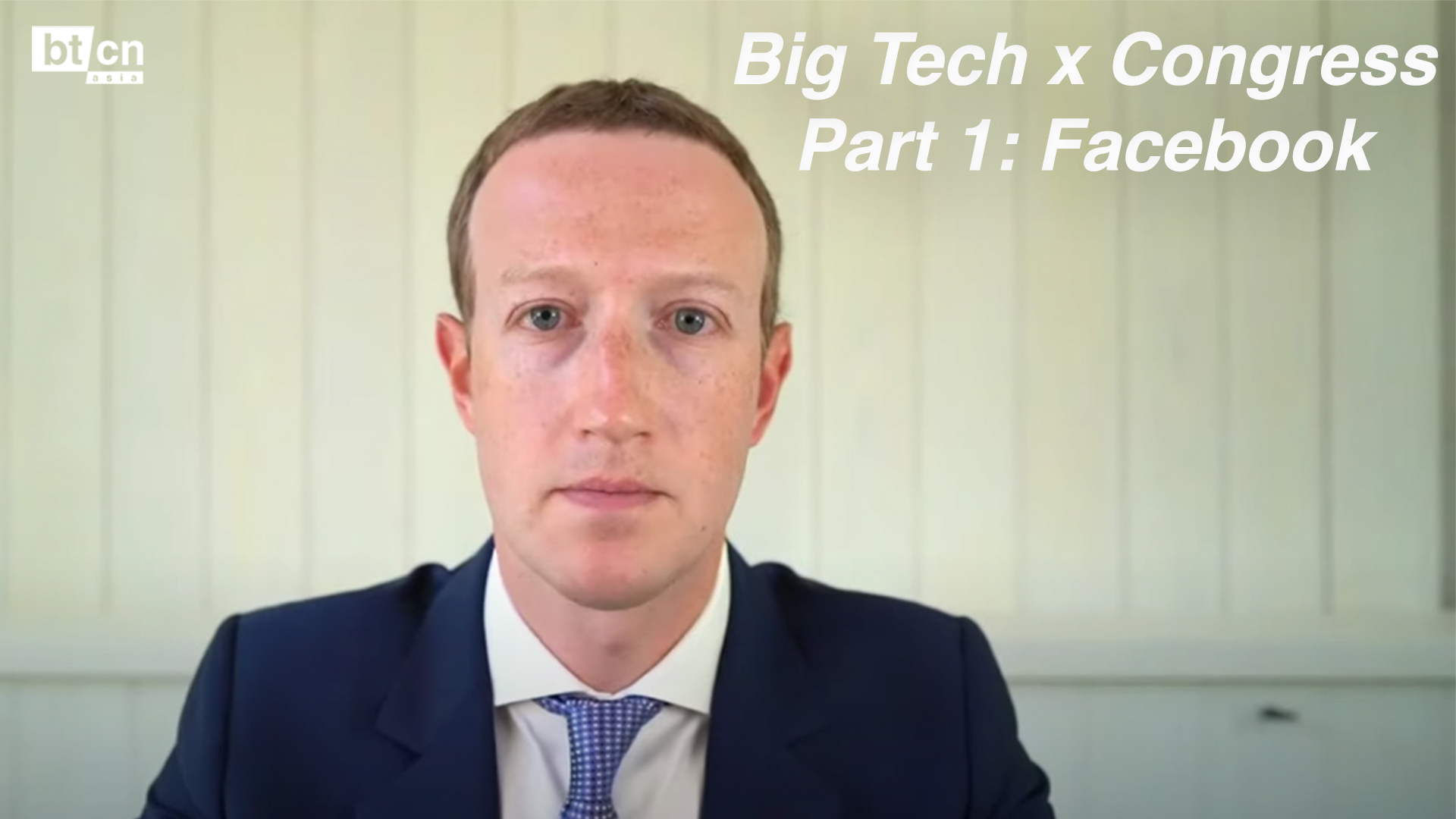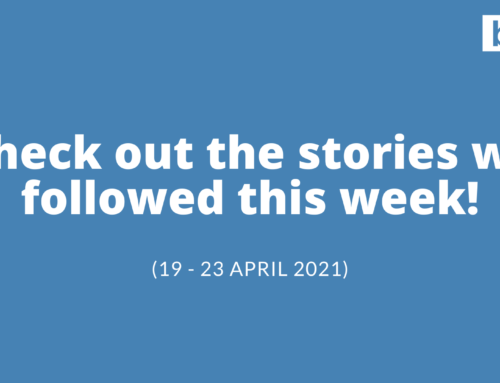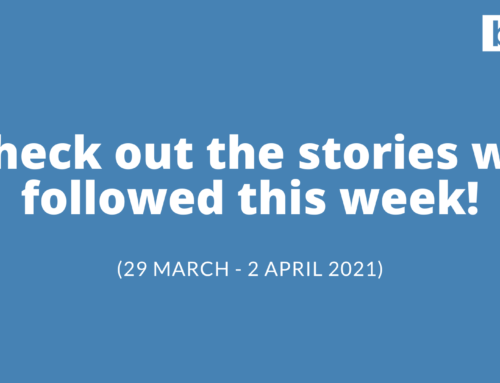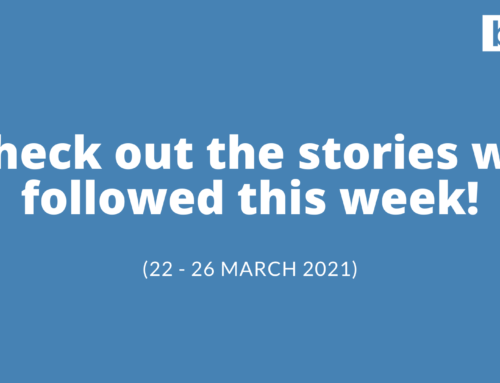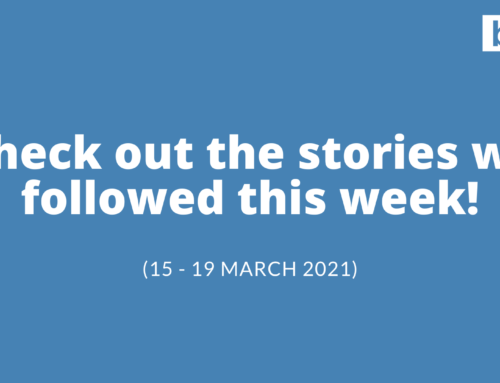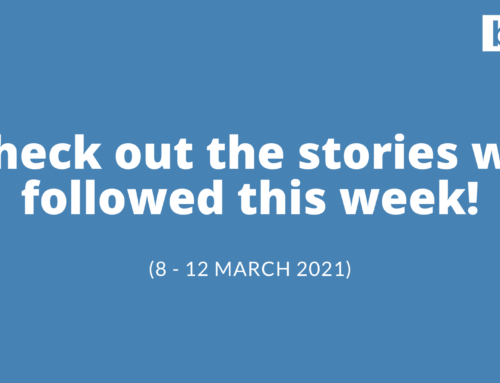When Facebook appeared before Congress last Wednesday, it arguably received the most scrutiny of all the 4 Big Tech firms. Not only on the number of questions fired at Facebook CEO, Mark Zuckerberg (62 in total), but also in the often real-time nature of the subjects in question – with the Committee citing actions taken as recently as just last week. While this isn’t the first time Zuckerberg’s been before Congress, and his often-evasive answers continued to draw ire from legislators, it is the first time he’s faced an onslaught on so many fronts.
To help give some quick context to last Wednesday’s events, here’s what Facebook looked like going into the hearing:
CEO: Mark Zuckerberg
Market Cap: $723 billion
During Covid: Increased more than $307 billion since 16 March 2020
Biggest Issues
While Facebook’s faced many, major issues in recent years (eg. Cambridge Analytica and data privacy, claims of foreign election interference, the platform’s use in Myanmar to organise anti-Rohingya violence, etc.). Wednesday’s hearing focused on Facebook’s sheer size, and all the specific problems the committee asserts stem from that – which when done at scale – become too far-reaching to ignore.
For Democrats, that includes what they feel is the platform’s lack of action on hate speech and the spreading of factually incorrect statements by Republicans which have wider political (and increasingly, public health) implications; in parallel with what they assert is Facebook’s broadly anticompetitive behaviour, mainly citing examples from its 2012 acquisition of Instagram.
While Republicans main assertion is the unproven claim that Facebook’s algorithms are politically biased, favouring liberal over conservative content.
Facebook in a Single Stat
One of the most telling stats is its Average Revenue Per User (ARPU), which had grown by 25% in 2019, up to $8.52 (Q4, 2019). It’s since fallen during the pandemic, down to $7.05 (Q2, 2020) – or roughly where it was in Q2 2019. Meaning Facebook essentially lost a year’s worth of ARPU growth. Despite which, the company still saw 11% overall revenue growth, offset by continually growing user numbers, and rebounding advertiser spending, leading to its stock rising nearly 42% since mid-March – picking up enough new users and increased advertising revenue to offset what for other companies would be a huge -18% fall in revenue per customer.
Elephant in the Room
Unlike their Republican colleagues, Committee Democrats are fighting a pitched battle, on one hand for what they see as antitrust action against Facebook’s perceived hegemony. While also fighting a more ambiguous, contentious, and therefore far more difficult-to-legislate-their-way-out-of battle with Republicans, over what actually constitutes limitations on free speech.
It’s ambiguous because of the weird dichotomy that Republicans assert Facebook is biased against conservatives, while Democrats assert Facebook (or at least its algorithm-driven content pipeline), is moving increasingly to the right. Both of which can’t be simultaneously true in theory. But could be true in practice, if Facebook’s trained algorithms and its stated policies are themselves moving in opposite directions. Something which is effectively impossible to prove, but can easily be interpreted anecdotally by both sides.
Leaving Democrats fighting a pitched battle on multiple fronts, while allowing Republicans to arguably do what they do best – namely the GOP’s longstanding legislative strategy of single-issue platforms, which have historically been disproportionately successful for the party, legislatively speaking in areas like abortion rights, gun control, etc.
Facebook’s position in a quote
“It was not a guarantee that Instagram was going to succeed. The acquisition has done wildly well not just because of the founders’ talent, but because we invested heavily in building up the infrastructure and promoting it and working on security and working on a lot of things around this.”
Reading between the lines
There was a far more palpable sense of urgency (and zeitgeist), surrounding the questioning of Facebook, compared to Apple or Amazon for instance.
While Zuckerberg’s generally evasive answers on key questions are nothing new during Congressional committee appearances (eg. his testimony during Cambridge Analytica in 2018), what is new is the decidedly more aggressive line taken by Democrats who seem to be quickly losing patience with unsatisfactory answers from Facebook, with the US election now <100 days away.
Congress’s position in a quote
House Judiciary Chairman, New York Democrat, Jerry Nadler citing Facebook’s 2012 acquisition of Instagram, saying “This is exactly the same kind of anticompetitive action that the antitrust laws were designed to prevent… Facebook saw Instagram as a powerful threat that could siphon business away from Facebook so rather than compete with it, Facebook bought it.” With Nadler implying in light of Facebook’s perceived market domination, unwinding the FB-IG 2012 merger could be on the cards, given the Committee’s remit.

